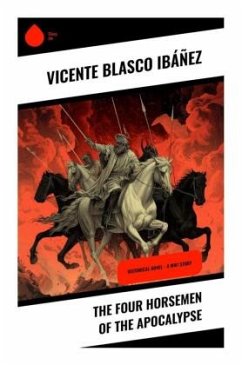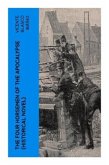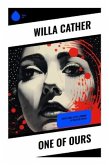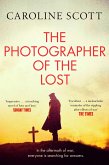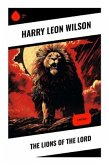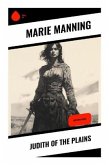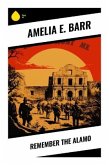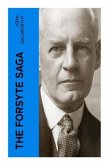In "The Four Horsemen of the Apocalypse," Vicente Blasco Ibáñez delivers a powerful narrative that intertwines war, love, and existential philosophy against the backdrop of World War I. This sweeping novel explores the profound impact of conflict on human lives, particularly through the lens of a family grappling with love and moral dilemmas amidst societal upheaval. The text is marked by a rich, emotive literary style that combines vivid imagery with poignant character development, establishing a context ripe with early 20th-century modernist influences. Ibáñez's narrative defies simplistic categorizations of good and evil, inviting readers to reflect on the complexities of moral choices in turbulent times. Vicente Blasco Ibáñez, a Spanish novelist with a rich cultural heritage, drew upon his own experiences of political turmoil and the cultural displacements caused by war. His deep-rooted interest in social justice and his observations of the human condition during periods of crisis significantly influenced his writing. Through his own activism and literary endeavors, Ibáñez sought to illuminate the human experience, making "The Four Horsemen of the Apocalypse" a fitting testament to his ideological beliefs and personal convictions. For readers who seek an engaging exploration of war's devastation and its effects on personal relationships, Ibáñez's novel serves as both a historical document and a timeless meditation on humanity. This compelling work prompts readers to confront their own moral compass amid chaos, making it a must-read for those interested in literature that resonates with both emotional depth and intellectual inquiry.
Bitte wählen Sie Ihr Anliegen aus.
Rechnungen
Retourenschein anfordern
Bestellstatus
Storno

